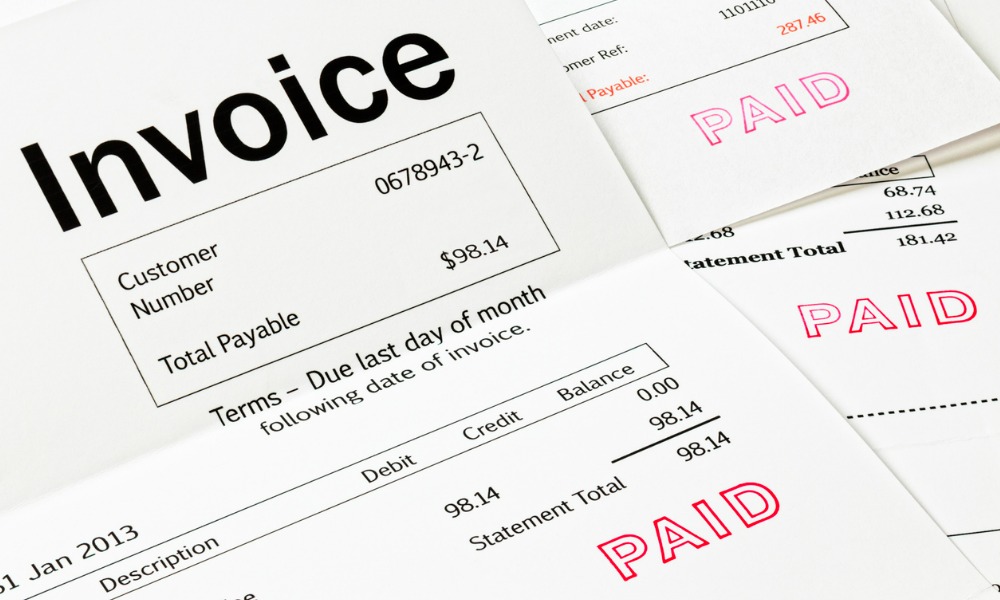Officer unreasonably found that man failed to meet income eligibility requirement, court says

The Federal Court held that a recent decision was not transparent or justified on the determinative issue of why the evidence provided was insufficient to comply with the income eligibility requirement for entitlement to the Canada Recovery Benefit (CRB).
The applicant successfully obtained CRB for the four two-week periods from Sept. 27 to Nov. 21, 2020. He applied for CRB for the next two-week period for Nov. 22 to Dec. 5, 2020.
During the validation process, the applicant gave three sets of submissions, including three invoices for general trade and renovation work for three clients for a total $5,380, which was the stated income in his 2019 tax return. The invoices provided the applicant’s name, the type of service and the client for whom it was rendered, and the amount charged.
In February 2021, the first review of the application determined that the applicant was ineligible for CRB since he did not reside in Canada and did not meet the requirement under s. 3(1)(d)(ii) of the Canada Recovery Benefits Act, 2020 to demonstrate that he earned at least $5000 in 2019, 2020, or 12 months before his first CRB application.
The applicant requested a second review. A benefits validation officer of the Canada Revenue Agency denied the CRB application. The officer found that the applicant did not meet the income eligibility requirement and that there was insufficient documentation to support income.
Decision unreasonable: Federal Court
In Moncada v. Canada (Attorney General), 2023 FC 114, the Federal Court allowed the judicial review application and sent back the matter for redetermination by a different decision-maker. The court also amended the title of proceedings to identify the respondent as the federal attorney general.
The court found the officer’s decision unreasonable. The officer failed to mention the three invoices and failed to explain why they were inadequate as proof that the applicant met the income eligibility requirement, the court said. The CRB guidelines stated that invoices were a way to prove compliance, the court noted.
The court cited Crook v Canada (Attorney General), 2022 FC 1670 and Sjogren v Canada (Attorney General), 2022 FC 951. These rulings said that the lack of justification for rejecting a form of proof contemplated by the CRB guidelines could make a decision unreasonable.
The applicant also argued that there was a breach of procedural fairness since the officer did not give him a deadline to provide a further work verification letter. The court considered it unnecessary to tackle this argument, given its findings about the deficiencies of the officer’s decision.










